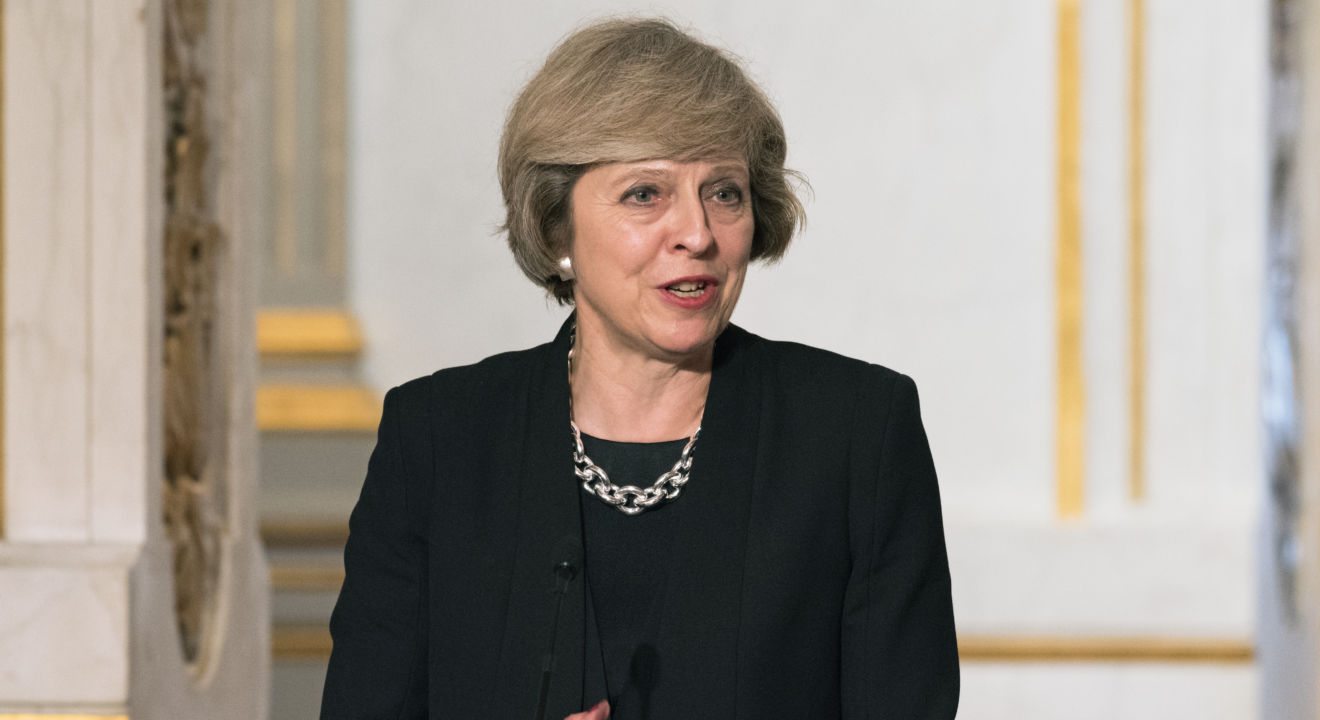Politics October 18, 2016


She’s tough. She’s smart. She’s fearless. She’s the new Prime Minister of Britain.
On July 13, Theresa May, a member of the British Conservative Party, was promoted from her position as home secretary in Parliament to lead the Brexit from the European Union.
May, a woman who has been described as the “Ice Maiden,” is Britain’s second female Prime Minister, following in the footsteps of the “Iron Lady” Margaret Thatcher.
Who is this quiet, strong-willed woman and how does she plan to lead Britain out of its current turmoil? Her reserved nature has often left speculators guessing. But if externals are any indicator, she’s well-qualified – and certainly not easily intimidated.
Politics snapped May up from an early age. May is a tall woman who was unafraid to stand out in politics, said her friend Pat Frankland: “I cannot remember a time when she did not have political ambitions. I well remember, at the time, that she did want to become the first woman prime minister and she was quite irritated when Margaret Thatcher got there first.”
Now, as the second female Prime Minister, May is faced with the challenge of navigating the uncharted territory of Brexit. While she’s getting her hands dirty in the political garden, journalists and fellow politicians can’t resist the challenge of accurately describing May.
The Guardian calls her a “calm headmistress in a chamber full of over-excitable public schoolboys.” Ken Clarke, a former chancellor, found her to be “a bloody difficult woman” – but one who was also good at her job and who merited comparison with Margaret Thatcher.
And the Liberal Democrat leader Nick Clegg won the nickname competition when he said, “She’s a bit of an Ice Maiden.” Former Prime Minister David Cameron agreed.
May is often quoted for naming her Conservative Party “the nasty party.” They aren’t always popular but they do what needs to be done. Many Britons were impressed with her leadership as home secretary, a notoriously difficult position in Parliament.
Though she opposed Brexit before the vote, May supported Britain’s decision to leave the European Union, saying “Brexit means Brexit.”
But worries that May’s strong views mean she’s unprepared when disaster comes her way. “She is not fleet of foot when crises build, she digs in her heels … And she hides when things go wrong. No interviews, no quotes, nothing to reassure people or to remind people she even exists. It’s helped her survive as home secretary – but if you are prime minister, eventually the buck has to stop.”
According to May, though, the buck will stop when she and her party take a strong stand and reshape the future of Britain.
May’s plans – and the future of Britain – depend on more than Brexit. As she looks to improve life at home and trade abroad, May “has promised a radical program of social reform, underpinned by values of One Nation Toryism, to promote social mobility and opportunity for the more disadvantaged in society,” wrote the BBC.